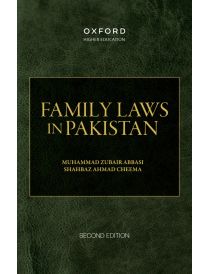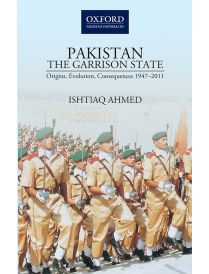The Islamic Law of Inheritance
This book covers the study of the Islamic law of succession, intestate as well as testamentary. Based on original sources, it includes the historical and theological basis of law developed by the Muslim schools of jurisprudence.
The author makes a comparative study between the Sunni and Shia laws of inheritance and focuses on problems being faced by Muslims, due to the strict application of traditional Islamic Law in their contemporary situations. These problems have been analyzed in the light of various reforms introduced by Islamic countries to resolve such issues.
The second edition includes the latest case law laid down by the superior courts in Pakistan.
This book is an essential component of the course on ‘Muslim Personal Law’ for LL.B. students and the course on ‘Islamic Law’ for LL.M. students. It will also be of interest to lawyers, judges, law teachers, law students, civil servants, revenue officers, the general reader, and students of Islam.
 Weight in kg
0.26
Weight in kg
0.26
 Rights
World
Rights
World
 Year of Publication
2021
Year of Publication
2021
 Binding
Paperback
Binding
Paperback
 Pages
290
Pages
290




 Bulk Order
Bulk Order Request a Quote
Request a Quote


